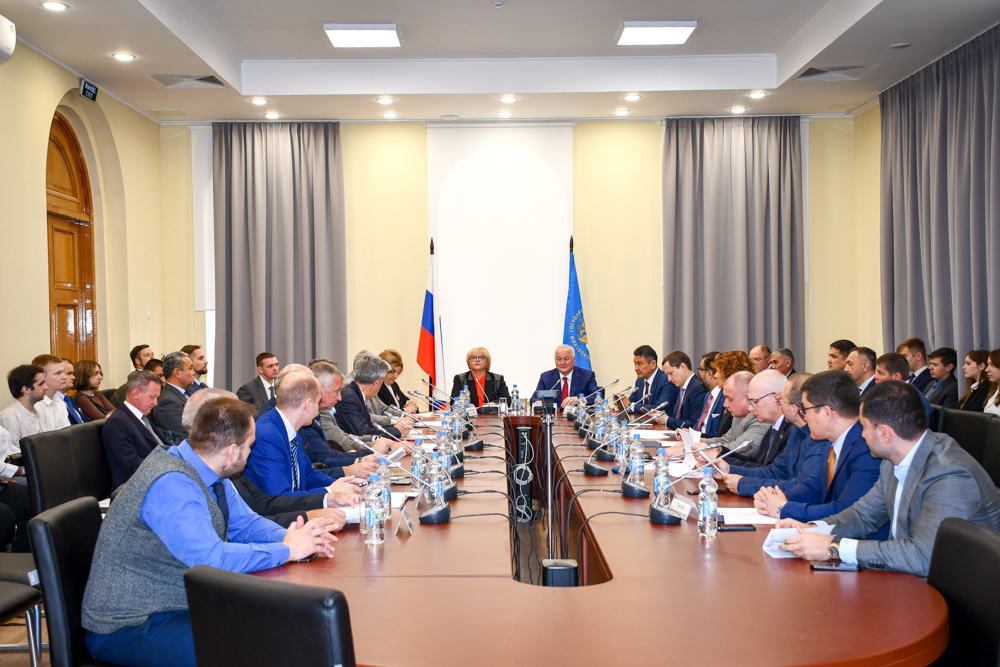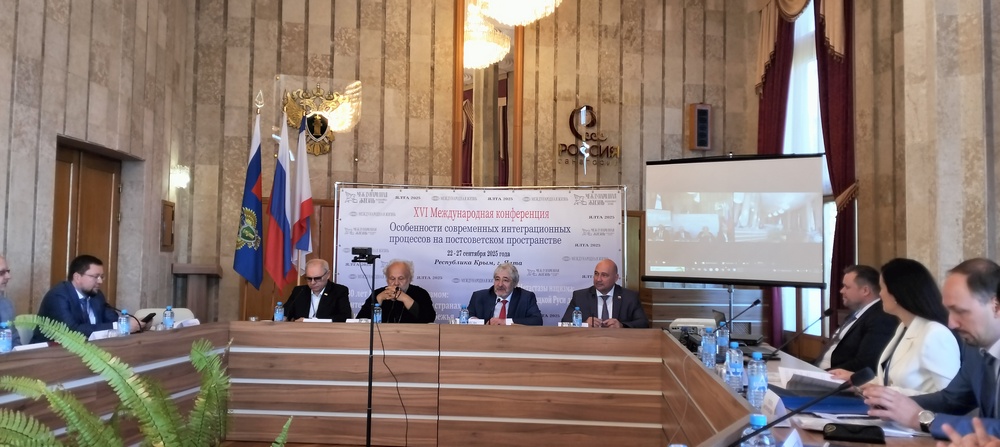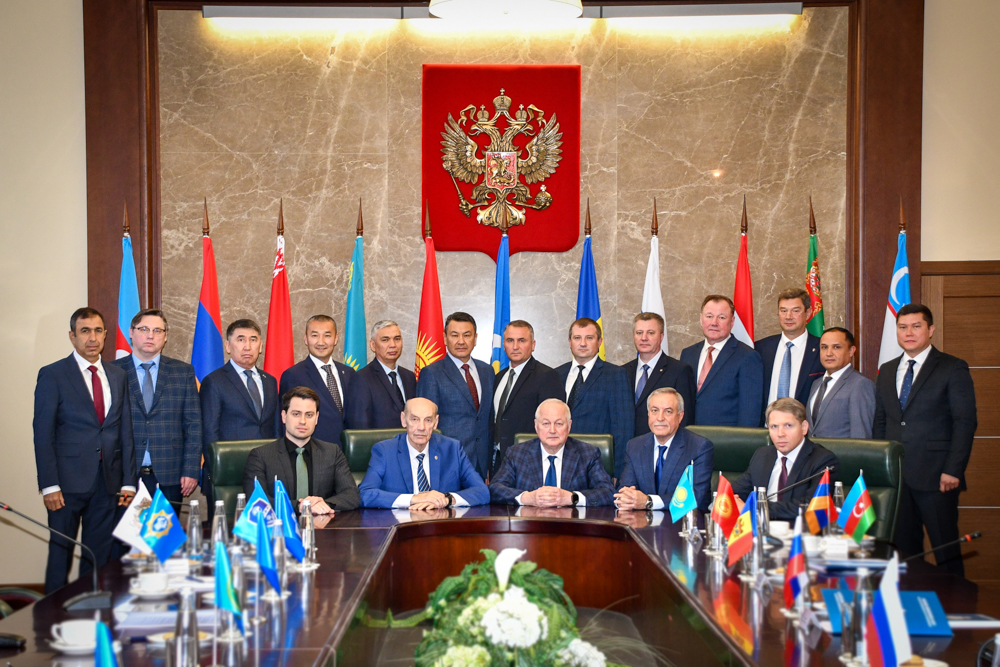December 7, 2016
The consultations brought together representatives from the State Security Service of Azerbaijan, National Security Service of Armenia, State Security Committee of Belarus, National Security Committee and Ministry of Interior of Kazakhstan, State National Security Committee and Ministry of Interior of Kyrgyzstan, Federal Security Service of Russia, State National Security Committee of Tajikistan, National Security Service and Ministry of Interior of Uzbekistan, Office for the Coordination of the Fight Against Organized Crime and Other Dangerous Types of Crime on the Territory of CIS member-states, Council of the Commanders of the Border Forces, Council of the Heads of Financial Intelligence Units, Regional Anti-Terrorism Structure of the Shanghai Cooperation Organization (SCO RATS), Central Asian Regional Information and Coordination Center for Combating Illicit Trafficking of Narcotic Drugs, Psychotropic Substances and their Precursors (CARICC).
Provision of national and regional security amid return of foreign terrorist-fighters to the countries of origin, cooperation of the competent authorities of the Commonwealth member-states in identification and suppression of international terrorist organizations’ recruitment operations carried through social media and emissaries sent to the Central Asian region were among the main topics of discussion.
Participants of the expert consultations noted a rise of security threats in the world related to increased activity of the terrorist organizations that lead first of all to escalation of tensions on the borders of the Commonwealth.
The parties discussed tramlines for reduction of the danger level of those risks, among which further development of cooperation within the frameworks of the existing regional structures and expansion of interaction among the states in combating terrorism both at the political level and at the level of special services, relevant ministries and agencies.
Participants also shared their best practices of prophylactic work aimed at preventing radicalisation of population, youth involvement into terrorist and extremist activity.
An Outcome document was adopted following the expert consultations.




